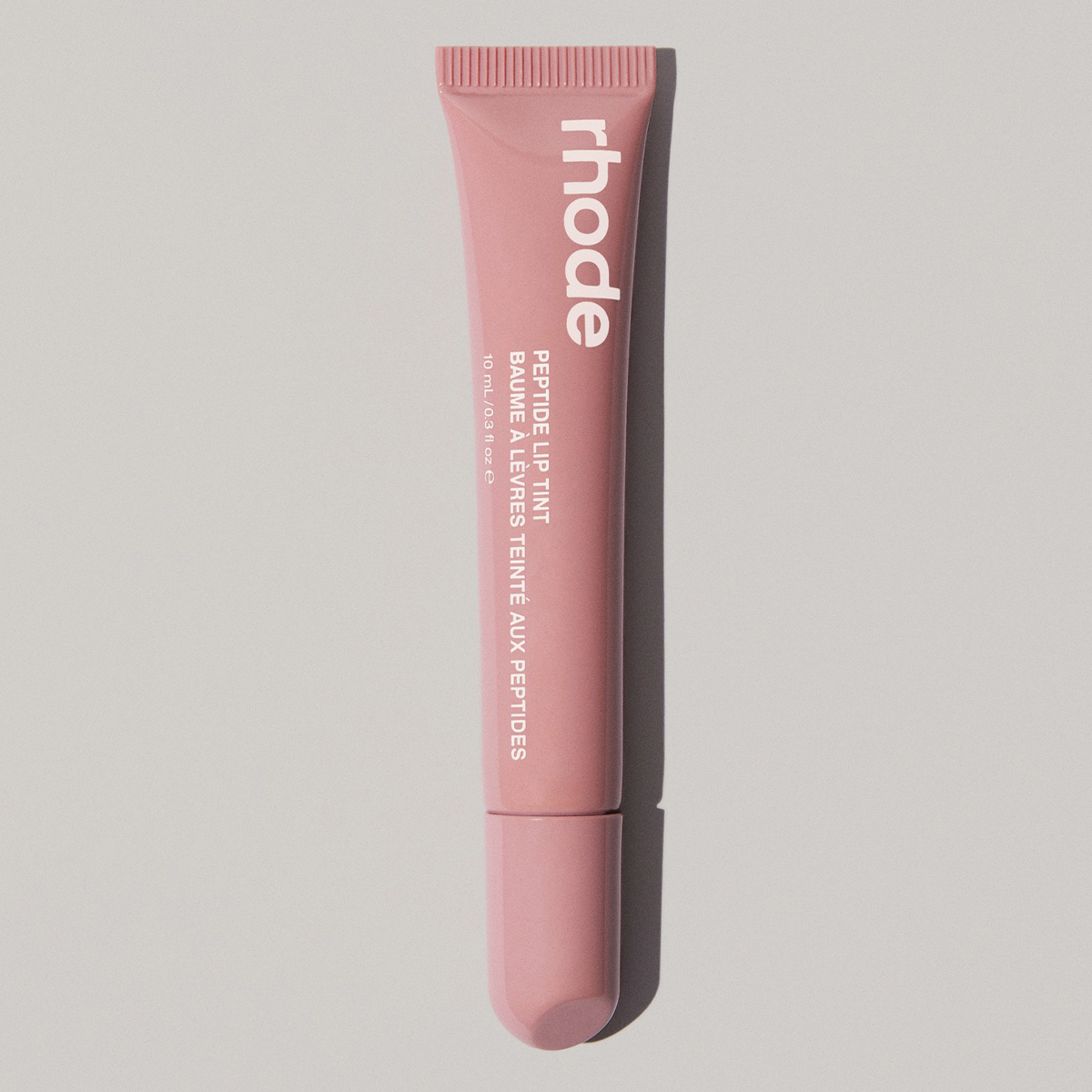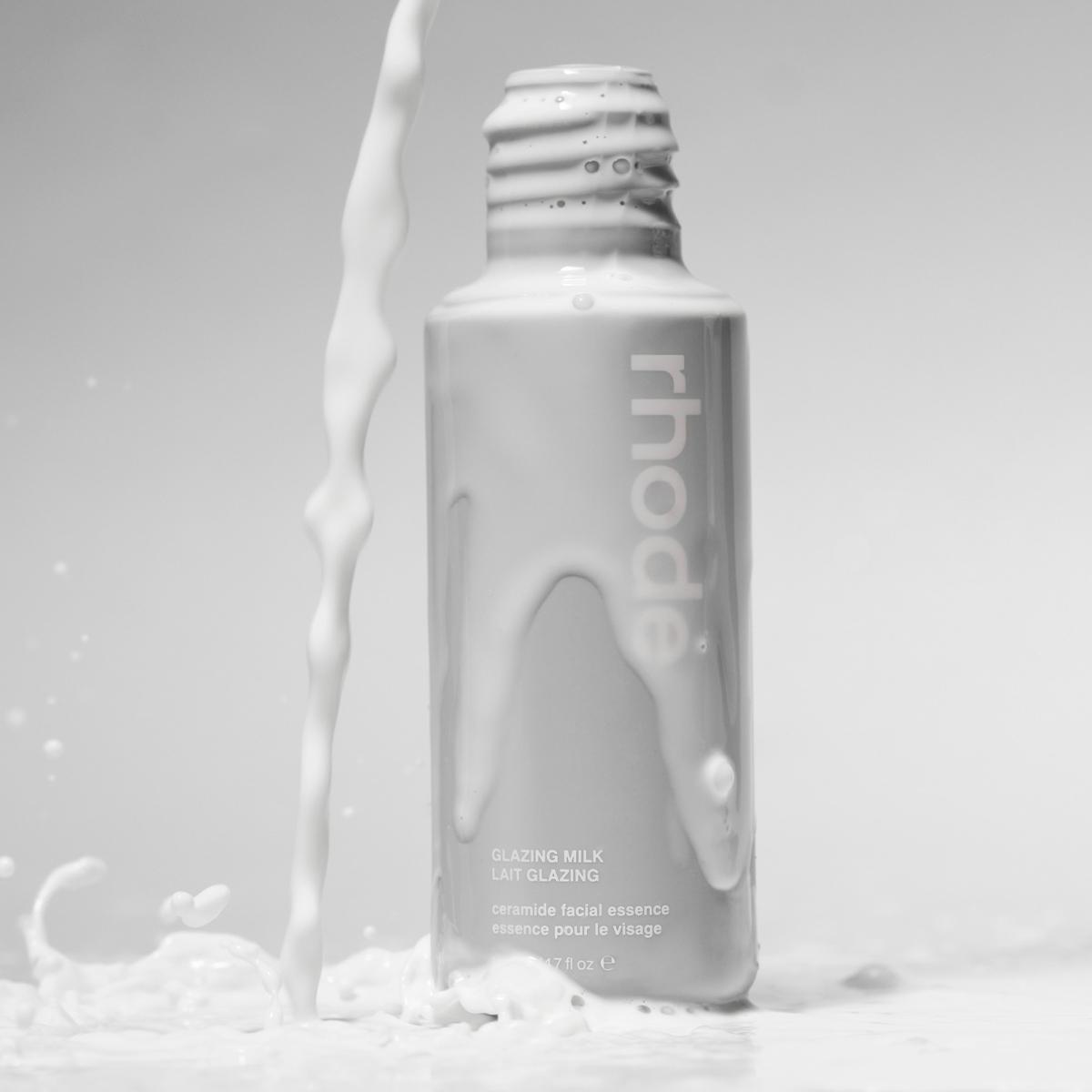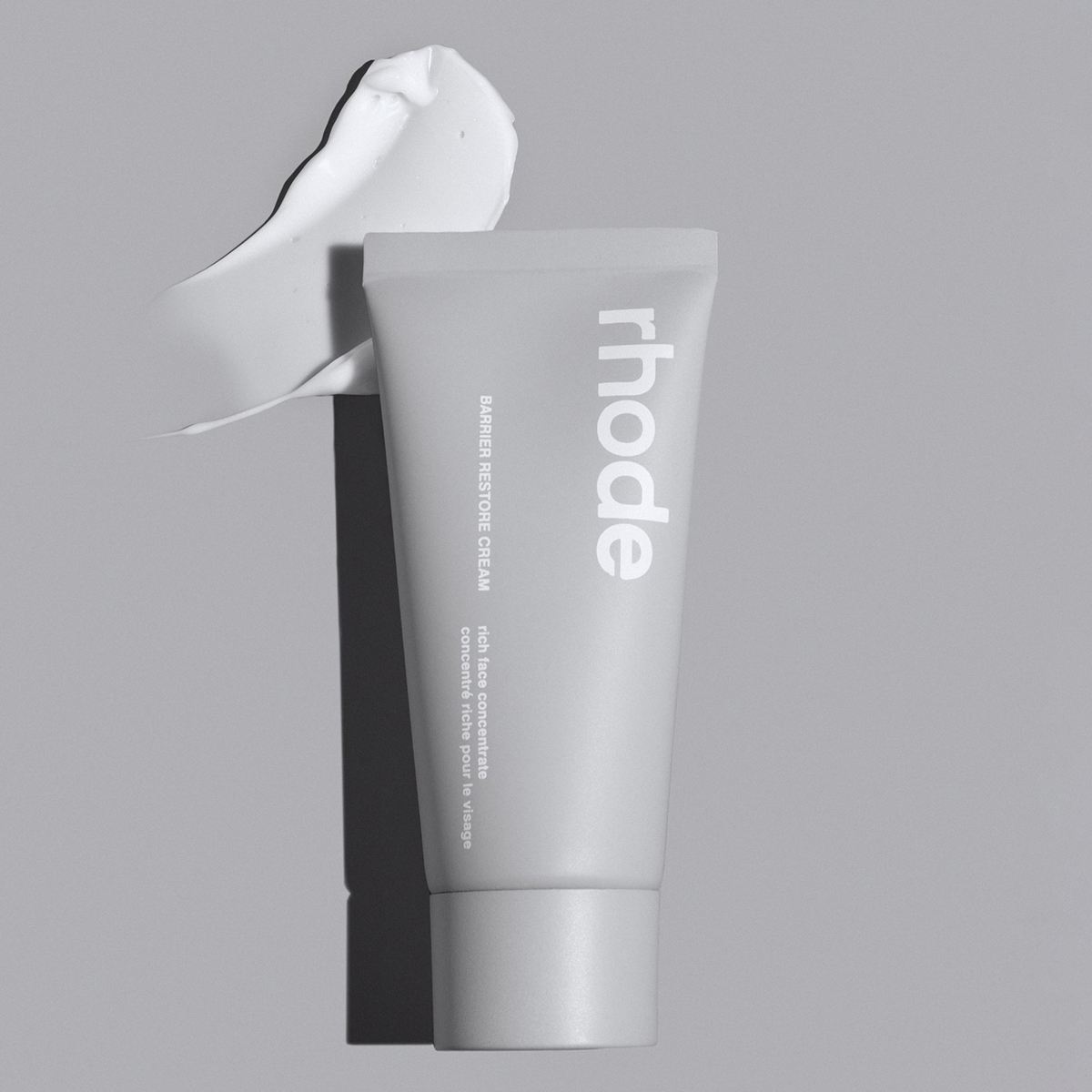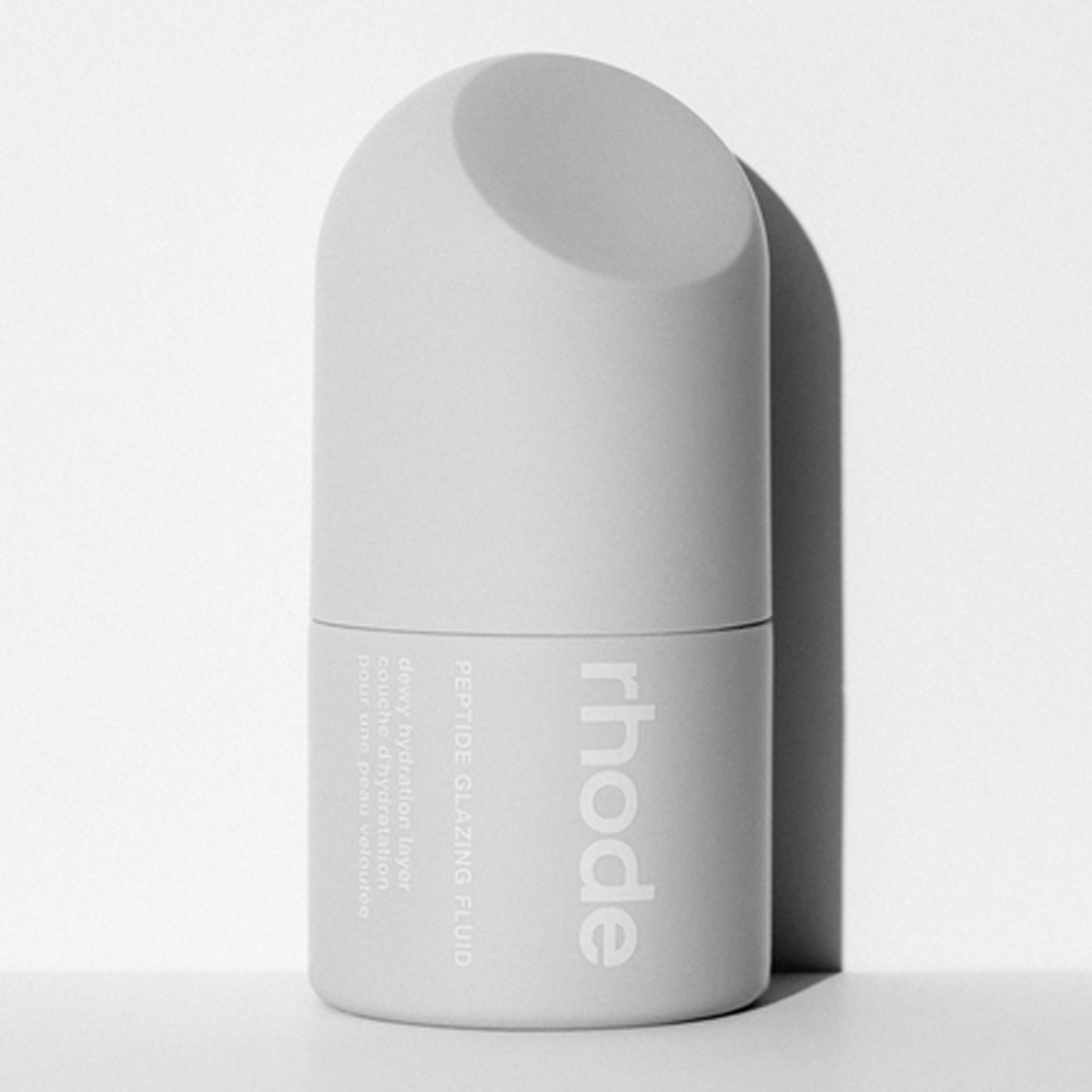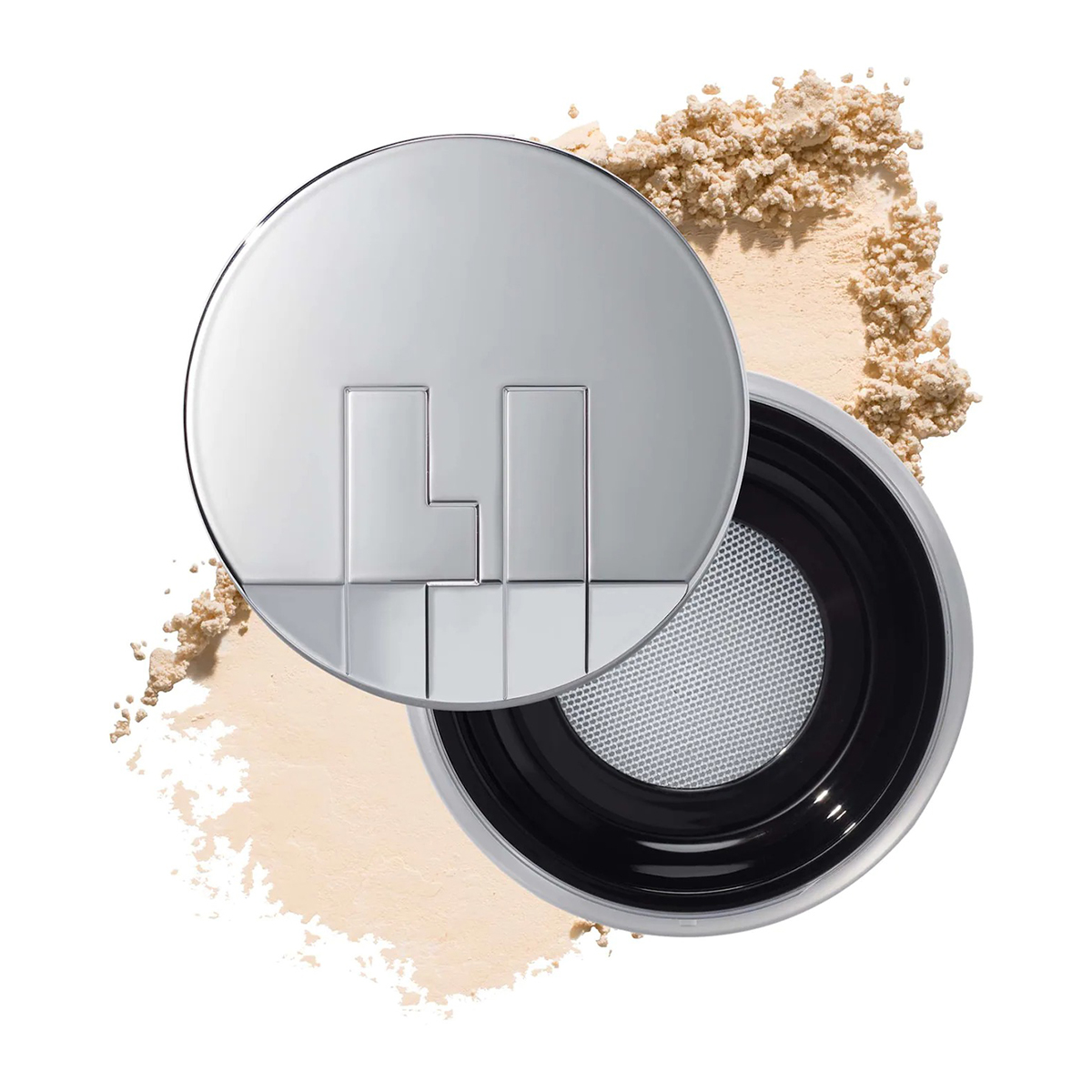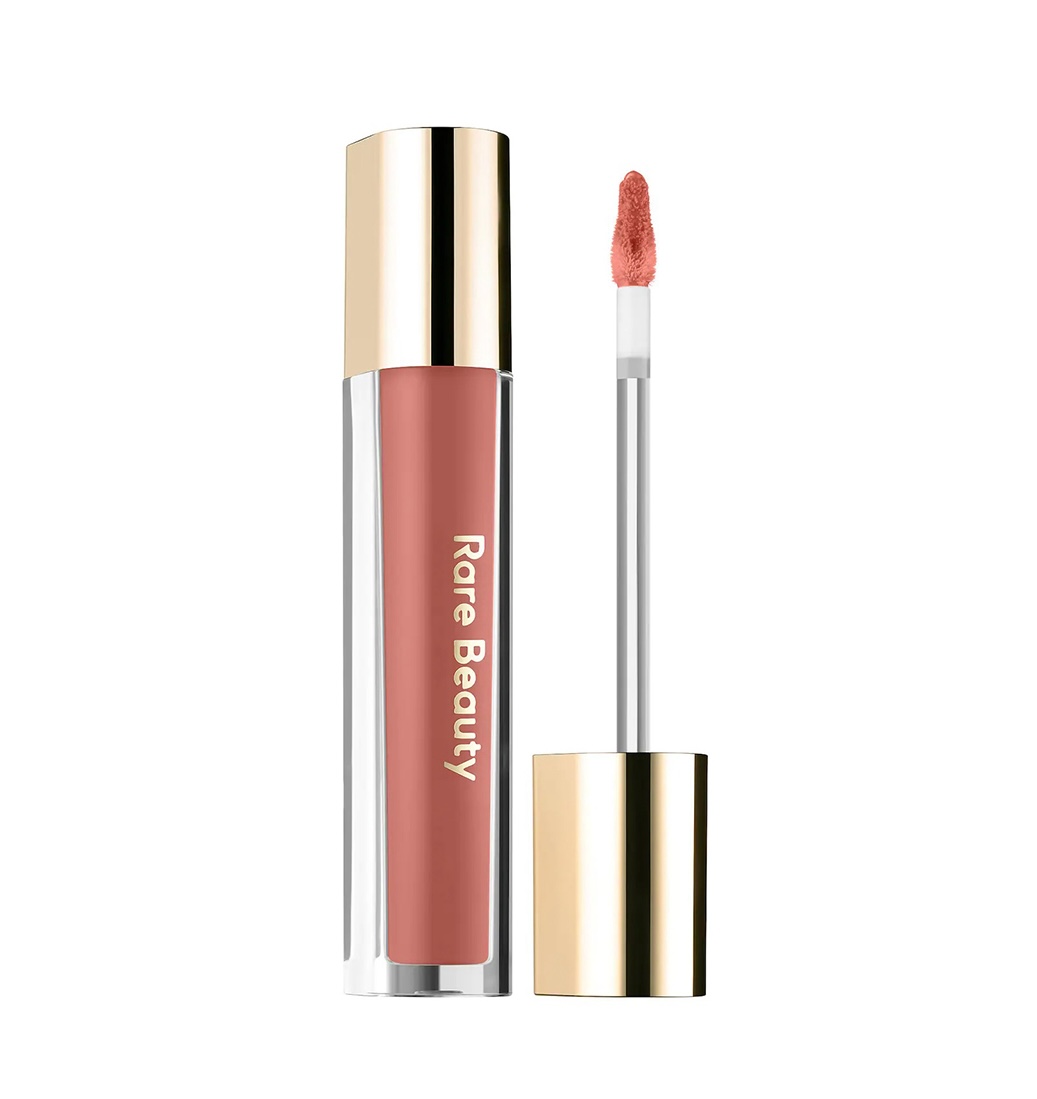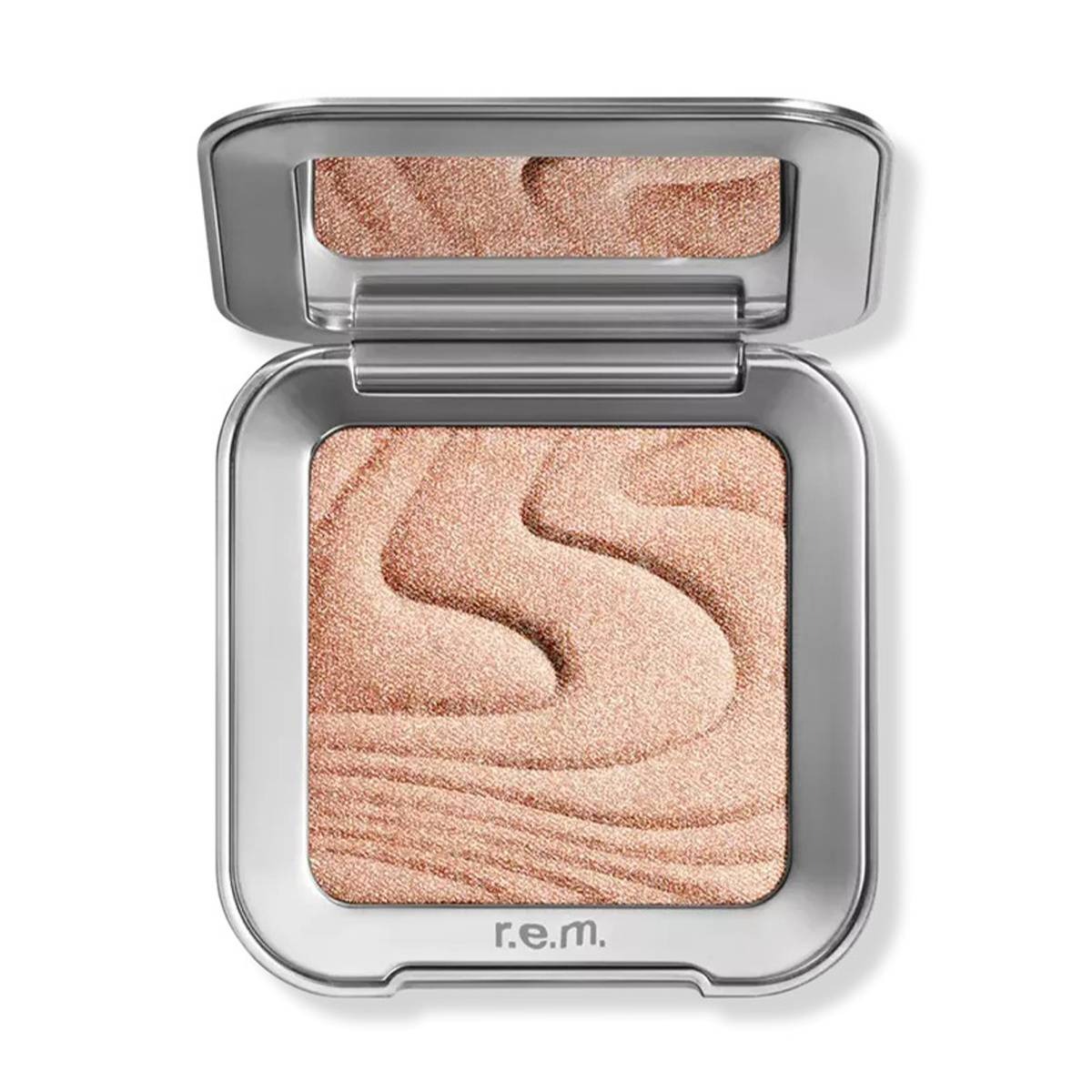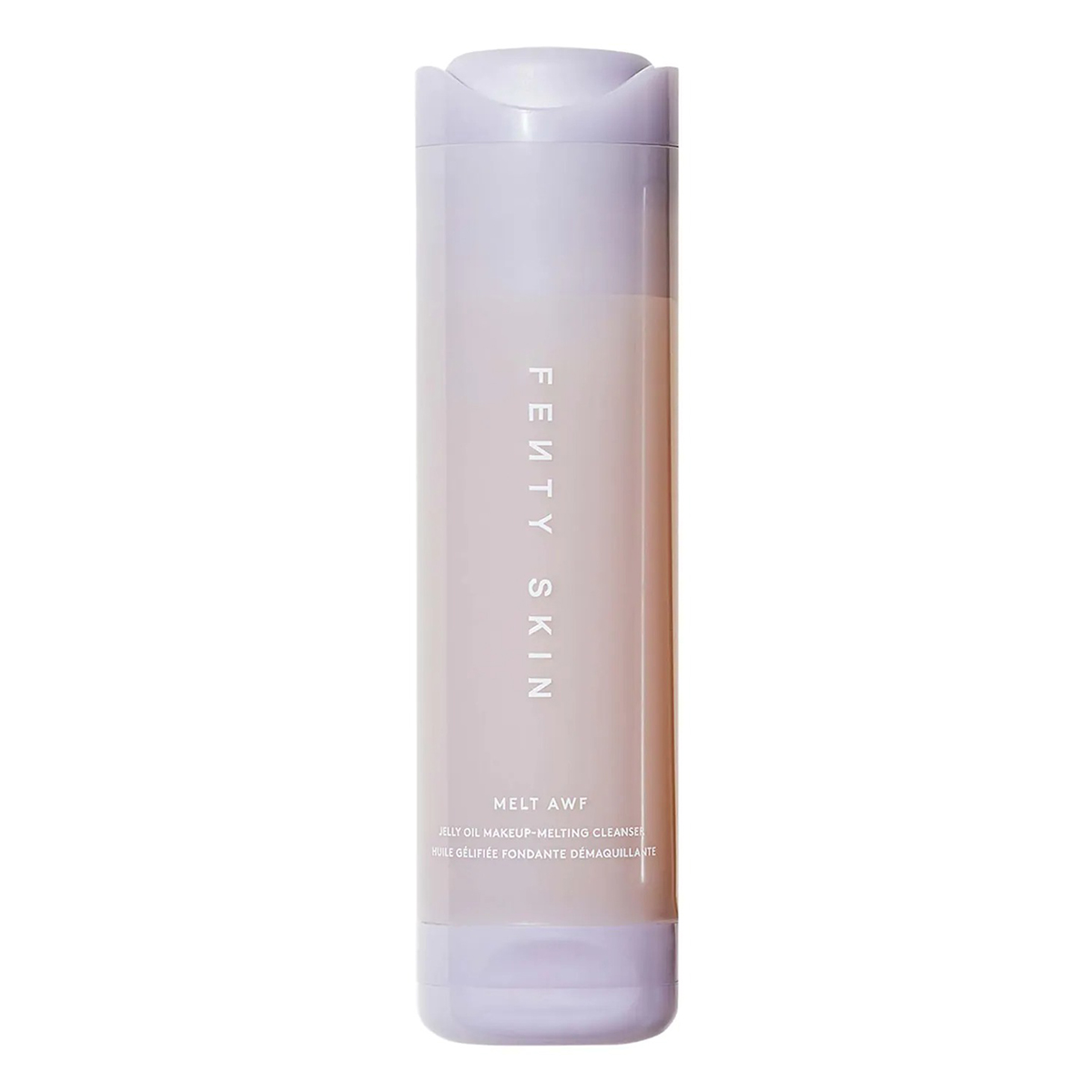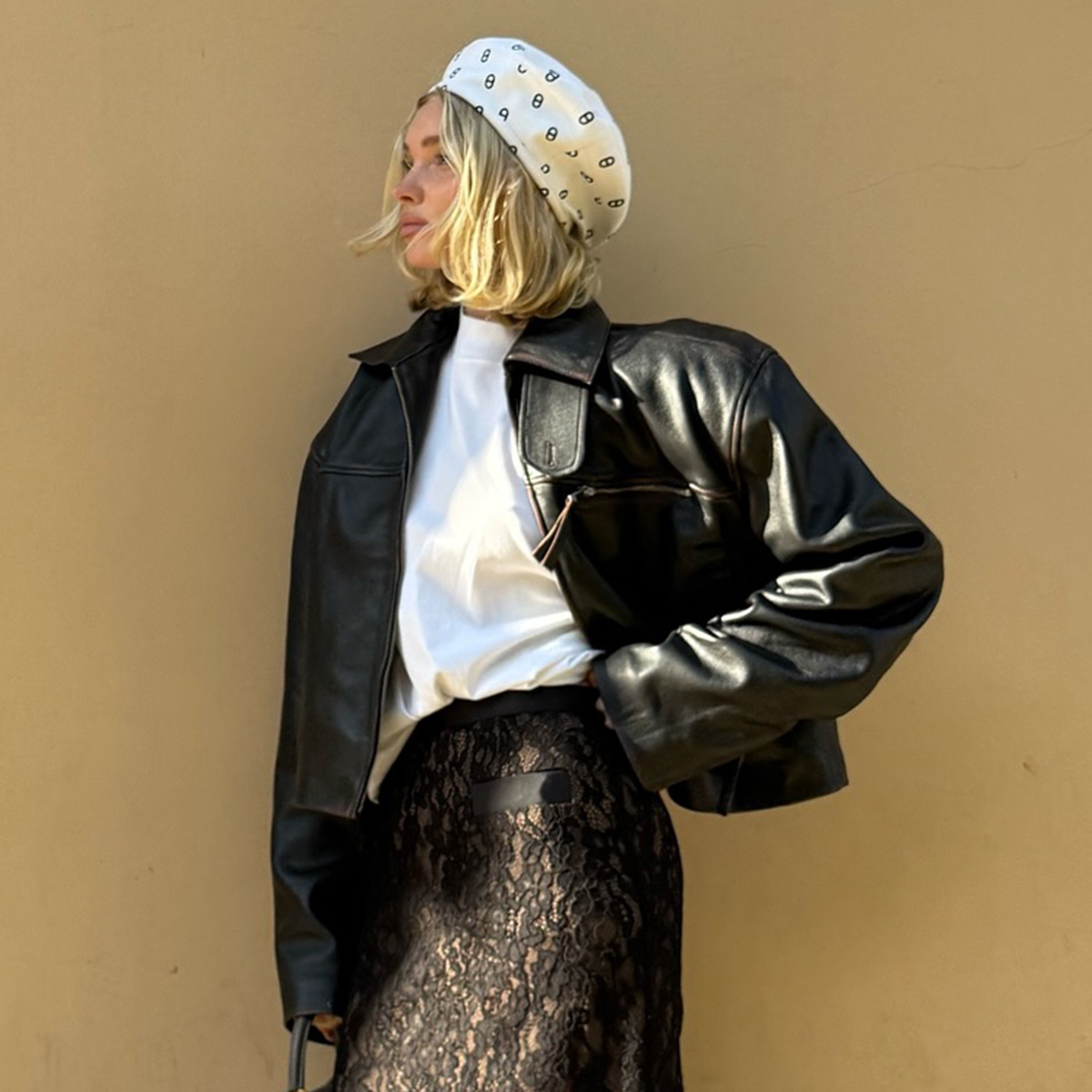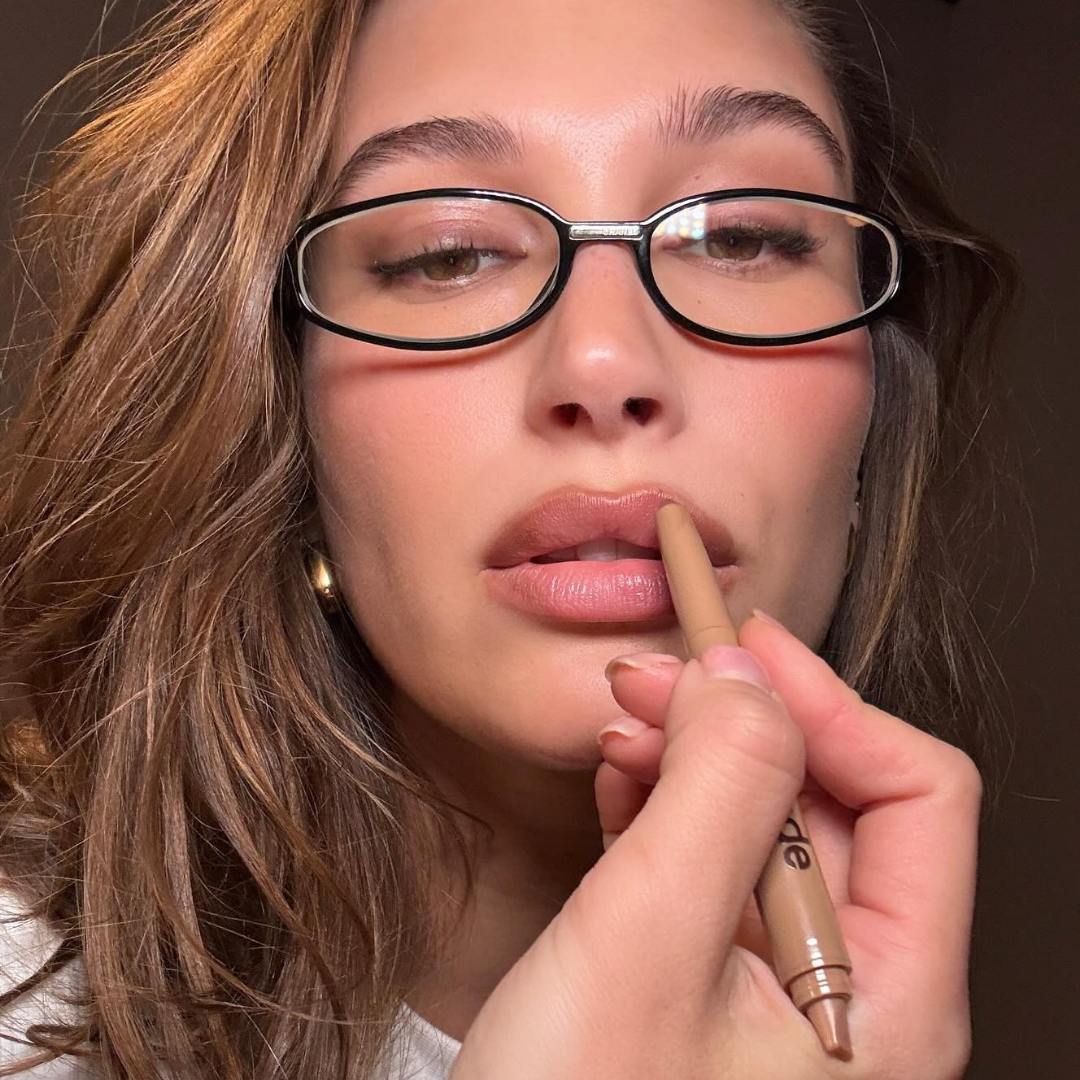Gen Z Only Uses Celeb Beauty Brands That Balance Relatability With Accessibility

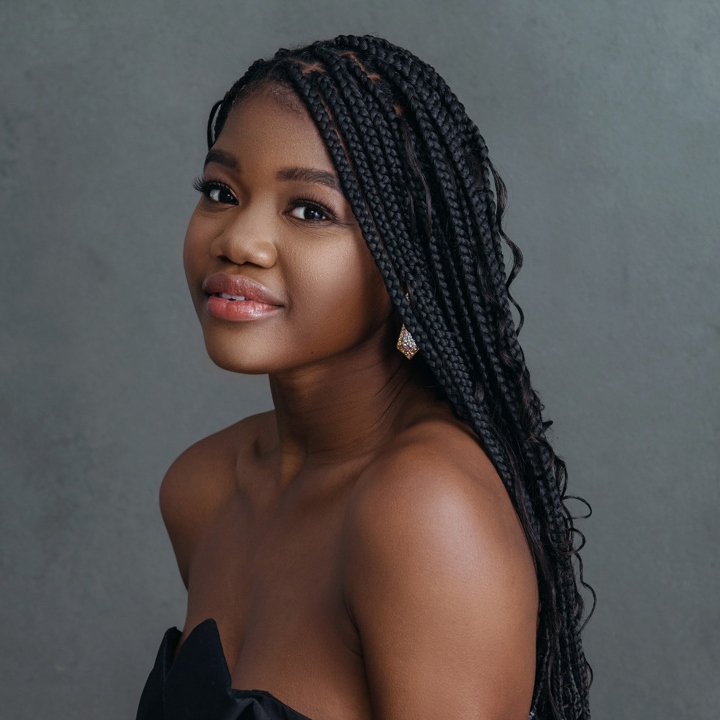
Gen Z Says is a bimonthly column chronicling the latest trends in the fashion and beauty space through the lens of Who What Wear's own Gen Z editors. Expect a download on the upcoming class of tastemakers, emerging designers, and shopping and style choices straight from the generation setting the trends.
Bearing witness to the meteoric uprise of a trend was once a rare occurrence much like catching a solar eclipse at its highest point. Now, however, society’s youngest generations can’t seem to escape them thanks to the expansive digital landscape and its products, brands, and the heavy-hitting celeb names that back them. And here’s the kicker—even if celeb names aren’t front and center, there’s a good chance their very being (or at least what’s captured with the flash of a camera), is. For this edition of Gen Z Says, I’m taking a look at some of the most recognizable beauty brands founded by this generation’s biggest celebrities.
My earliest introduction to celebrity-owned beauty brands happened in the hallowed halls of my neighborhood drugstore while pursuing shelves peppered with fragrances in vibrant, multicolored packaging. When I learned that not only were many of them plastered with the faces of my favorite artists, models, and socialites, but that they were also heavily endorsed by other celebrities, I was hooked. The Harajuku Lovers perfumes by Gwen Stefani that I wore on rotation during my tween years were also worn on the red carpet by countless Y2K A-listers. Over the years, I’ve watched as celebrity-owned beauty brands have shifted and transformed; lending to new generations of creatives with fast-growing brands. The most noticeable change, however, happened with the industry-wide takeover by celebrity makeup and skincare brands.
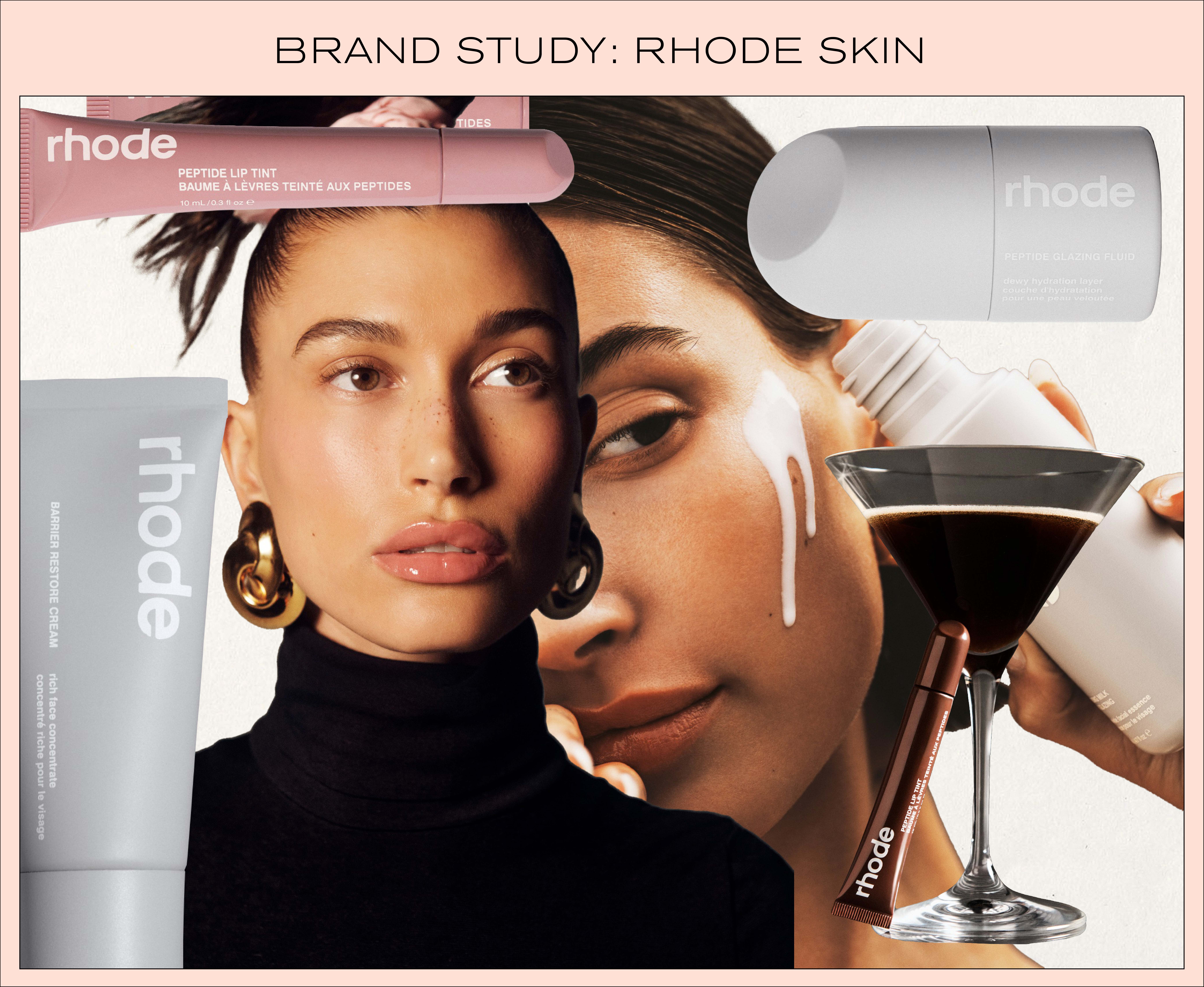
Of all the celebrity brands that have risen to prominence over the past couple of years, Rhode Skin remains top of mind. The consumer response to the brand’s most recent product launches has been overwhelmingly positive, with Gen Z content creators and users praising everything from Rhode’s unique ability to lean into trends with Founder and Creative Director Hailey Rhode Bieber, at its helm. In fact, when I think about the brand’s most recognizable imagery, it’s Bieber with her plush, glossy lips and radiant complexion that I associate the most with Rhode.
"We started Rhode to create efficacious skincare that works for everyone, and our customer base reflects that,” says Rhode’s Head of Brand Lauren Ratner. "Since we launched the brand in 2022, we have seen consistent demand for new products and to date, we have amazed over 1 million waitlist sign-ups across all products.” That’s right—Bieber’s brand has risen to unparalleled heights in the year since its inception, sparking (and ultimately keeping) the attention of Gen Z consumers worldwide. According to Ratner, the brand’s appeal to this generation can be traced back to Rhode’s goal of maintaining that accessibility and inclusion seen in all products.
Product development is led by Bieber who works closely with the brand’s skincare advisory board of chemists and dermatologists (their best-selling Peptide Glazing Milk was reformulated around 17 times before the desired result was reached). Formulated with sensitive skin in mind, its products use high-performance ingredients, "at efficacious levels,” to nourish the skin barrier while providing the radiant, glazed finish that, in two short years, has become synonymous with the brand. "At Rhode, we take a curated and edited approach to skincare, focusing on a simple yet effective routine of essential products that deliver real results,” Ratner tells us.
Shop Rhode Skin
The It girl–centered marketing by Rhode Skin and other celebrity beauty brands has Gen Z primed for nothing short of an obsession. Many of the aesthetic trends circulated over major social media platforms have garnered trendy names like "latte makeup" or "clean girl makeup." These trends play on anything from cuisine to personality traits embodied by a nondescript individual. The idea of the It girl, however, is instantly recognizable, especially in celeb brands like Haus Labs (Lady Gaga), Rare Beauty (Selena Gomez), R.E.M. Beauty (Ariana Grande), and Fenty Beauty (Rihanna). Simply put, the names and faces of their famous founders help the brands stand out.
So, what’s in a name that can inspire so much dedication to a beauty brand? A love-lorn teenager in a 16th-century Shakespearean play once asked a similar question to convey that the naming of things, no matter how much weight one may carry, can be irrelevant. I, however, am of the belief that it’s all about the product name and its figurehead. When I hear Rare Beauty or Fenty, my mind immediately jumps to images of a wholesome "Who Says” era Selena Gomez and Rihanna’s iconic pregnancy reveal while performing the halftime show for this year’s Superbowl. Then, I think of the products.
Although Rihanna has since stepped down from her position as the CEO of Savage X Fenty, the billionaire beauty magnate is still hitting all the right notes for the rest of her business ventures. About Face and R.E.M. share a relatable approach to drumming up excitement for the launch of new products, with their prospective founders, Halsey and Ariana Grande, posting directly to their personal social media platforms about their products. I’m left with this lasting impression of the average celebrity beauty brand model: Striking a fine balance of market-driven content that inspires consumers rather than contributing to an oversaturated digital space plays a major role in their success with Gen Z consumers.
Shop More Celeb-Owned Beauty Brands
Toni Bravo, a beauty and lifestyle content creator who also happens to be a Rare Beauty team member, offered her input on the relevance of these brands to the young generation of beauty lovers. "Celebrity-owned brands, especially founded by very popular celebrities, almost always develop a cult following from the moment of [their] inception,” begins Bravo, "Whether people have gotten their hands on the product or not, some are determined to ride for their faves regardless.” Much of Bravo’s content is dedicated to reviewing and testing trending products, often raising concerns or praising a brand’s inclusion efforts for different skin types and tones.
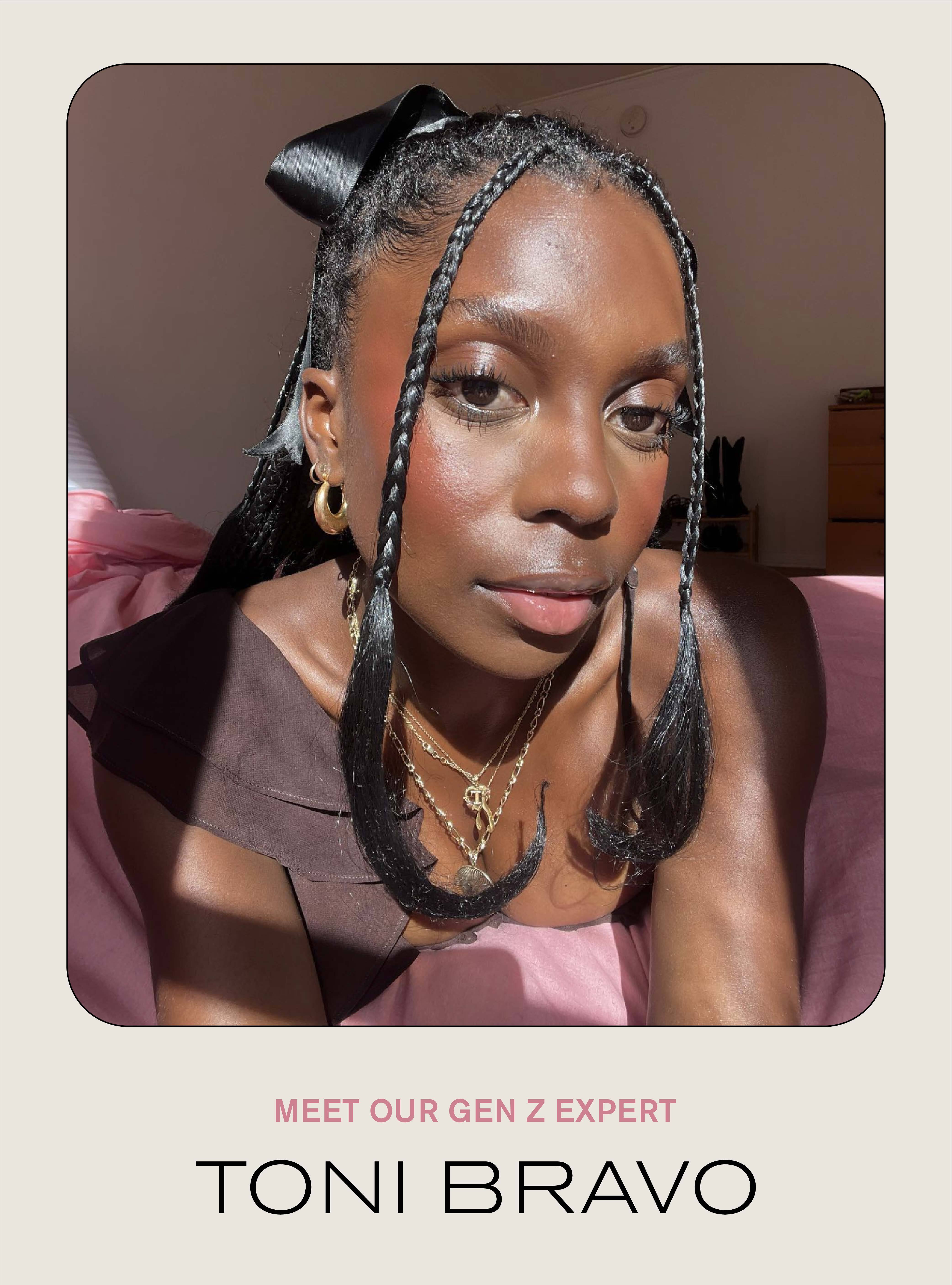
"In order to give an honest review of a celebrity-owned product, it is important to put aside your admiration for the celebrity and focus on the product’s performance itself,” Bravo continues. "This can be difficult for some people to do, which can make it hard to understand if someone loves the product because it is good, or if they love it simply because it is coming from their ride-or-die celebrity.” She also considers the difference in resources between celeb-owned brands and small, independent ones. This alone can help determine the quality of the product as well as a marketing approach.
"You know a celebrity-owned brand is good when people are talking so much about how good a product is that folks who aren’t as familiar with the brand don’t even know it is celebrity-owned,” she explains. Taking that into consideration, it’s worth questioning the continued relevance of celeb brands in the beauty space. As consumer demands change to push for improved inclusivity and accessibility, ideally, a brand’s response should echo those efforts. If this is the case, then with increased reach comes heightened familiarity (even more so for celebrity beauty brands).
I took a look at some of the jaw-dropping numbers some of our favorite celeb-owned beauty brands have hit over the past year thanks to their massive TikTok presence. Cosmetify’s TikTok Beauty Index, by October 2023, revealed that Rare Beauty hit 3.5 million followers (with 50.3 million video likes and with 7.7 billion hashtag views), making it the second most popular TikTok beauty brand behind Huda Beauty. That being said, it holds the highest following and likes of any celeb-owned beauty brand on the platform. But as we head into 2024, I’m wondering if this generation’s most beloved beauty brands will continue to keep up with the fast-paced trend cycle of the industry.
"One of my mutuals Heather Hurst shared a great analogy about fashion trends that I believe applies to beauty as well. Basically, imagine every beauty trend is on a conveyor belt that circles round and round,” Bravo continues. "You do not have to grab everything off of the conveyor belt all at once.” In other words, if you’re not drawn to a product, its popularity alone shouldn’t be enough to inspire a purchase. In its simplest form, her biggest beauty advice when it comes to the industry’s trend cycle is as follows: enjoy what interests you and don’t feel pressure to invest in the rest because when it comes to trend cycles, everything comes back around… eventually.

Maya Thomas is Who What Wear's Associate Beauty Editor based in New York City. Her strong love for all things beauty and fashion stems from a strong childhood interest in the fine arts. During a gap year spent in Paris studying the history of French fashion, she shifted her focus to English literature and journalism as a student at Loyola Marymount University with the goal of one day pursuing a career in fashion. After graduating in May 2021, Maya began freelancing for Parade.com as a contributing commerce writer while also building a following on her lifestyle blog, Itsmayalala.com. When she's not writing, Maya spends her free time catching up on reading, perusing art galleries, and enjoying a night out at the ballet every now and then.
-
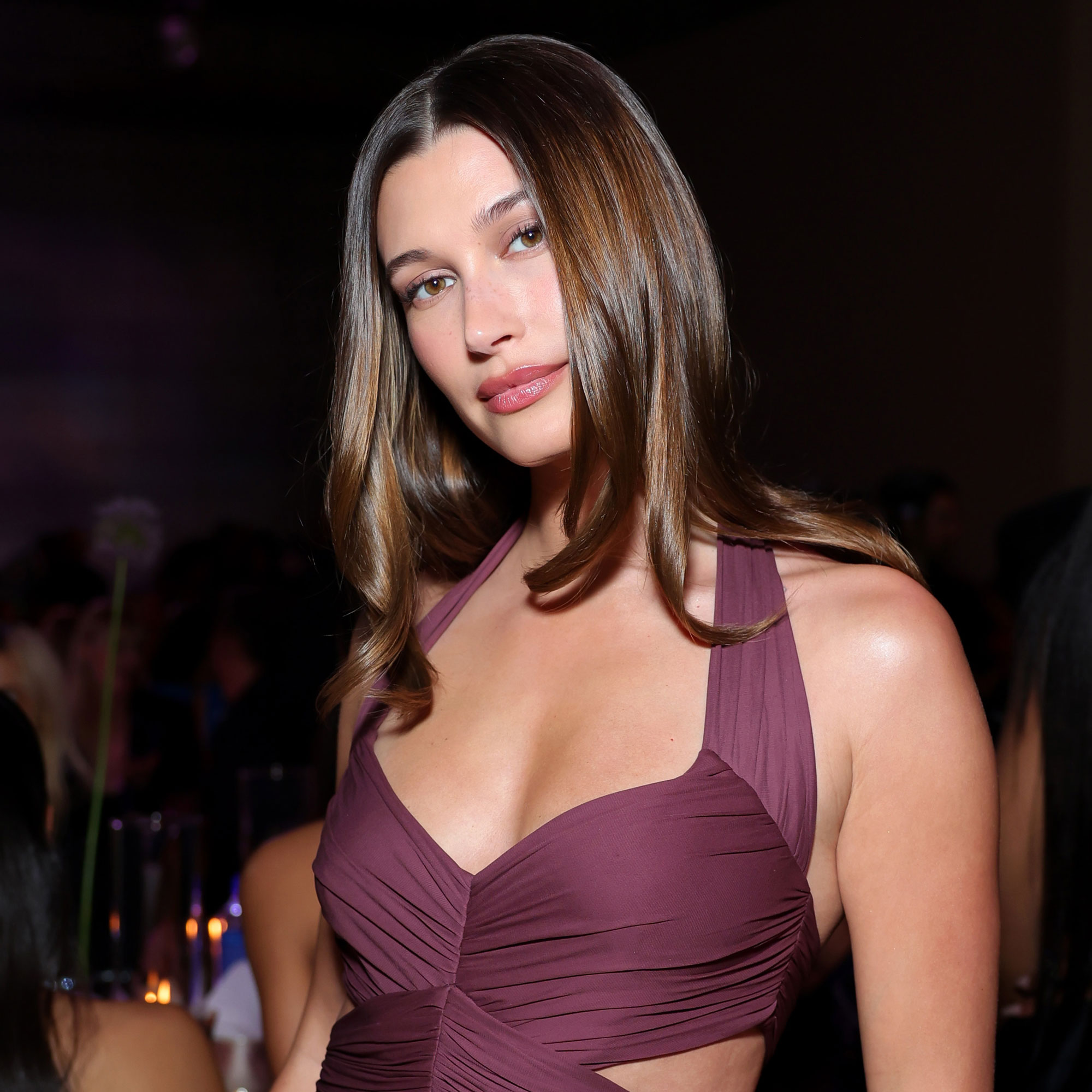 Hailey Bieber Just Arrived in Palm Springs in the Shoe Trend No One Actually Wears to Coachella
Hailey Bieber Just Arrived in Palm Springs in the Shoe Trend No One Actually Wears to CoachellaSee her cute new outfit.
By Erin Fitzpatrick
-
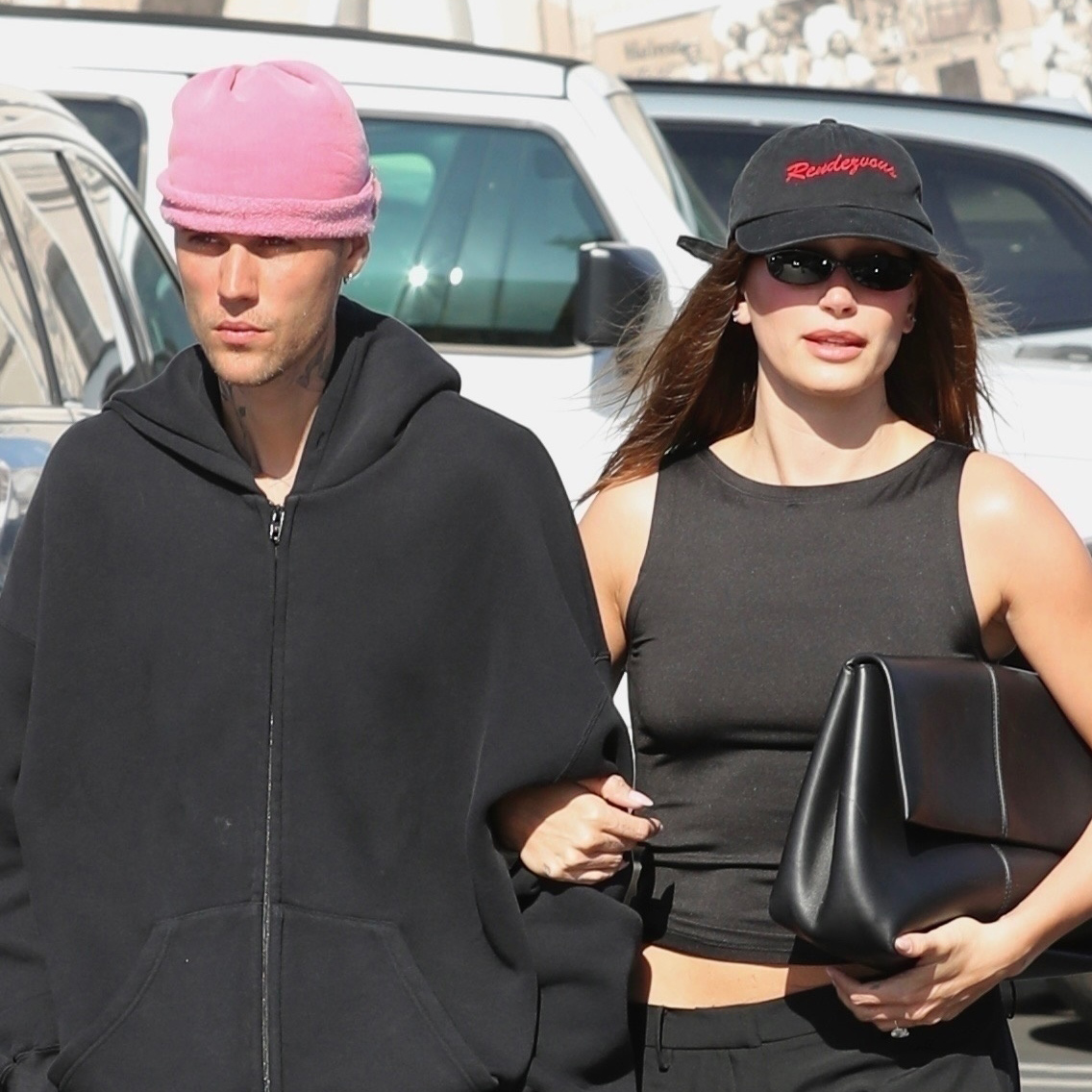 For the Foreseeable Future, I'm Swapping T-Shirts for This Affordable Elevated Basic
For the Foreseeable Future, I'm Swapping T-Shirts for This Affordable Elevated BasicTime to free the arms.
By Allyson Payer
-
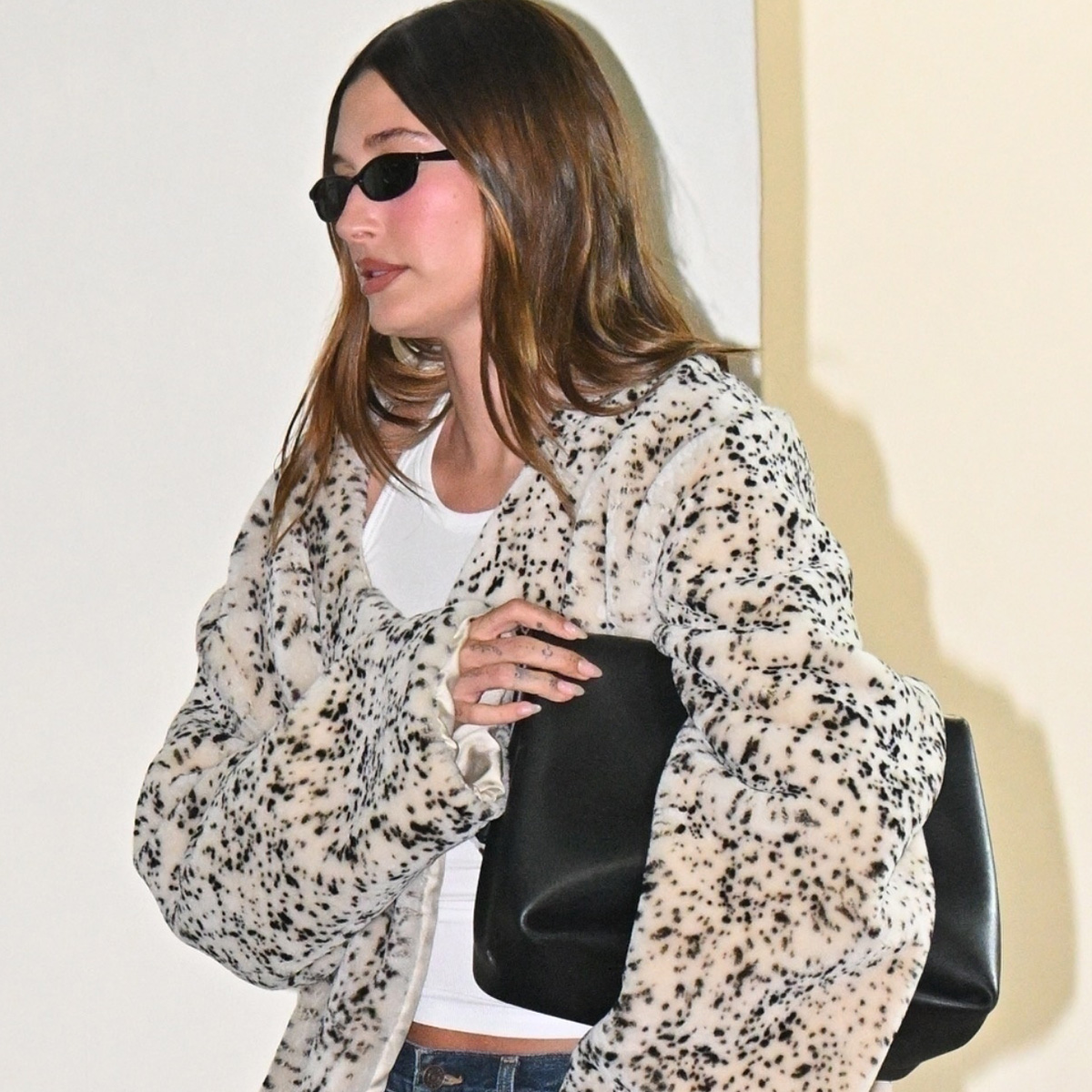 Don't Trust Everything You Hear About the Return of Skinny Jeans—in L.A., This Non-Fitted Denim Trend Still Reigns
Don't Trust Everything You Hear About the Return of Skinny Jeans—in L.A., This Non-Fitted Denim Trend Still ReignsSpotted on Hailey Bieber.
By Eliza Huber
-
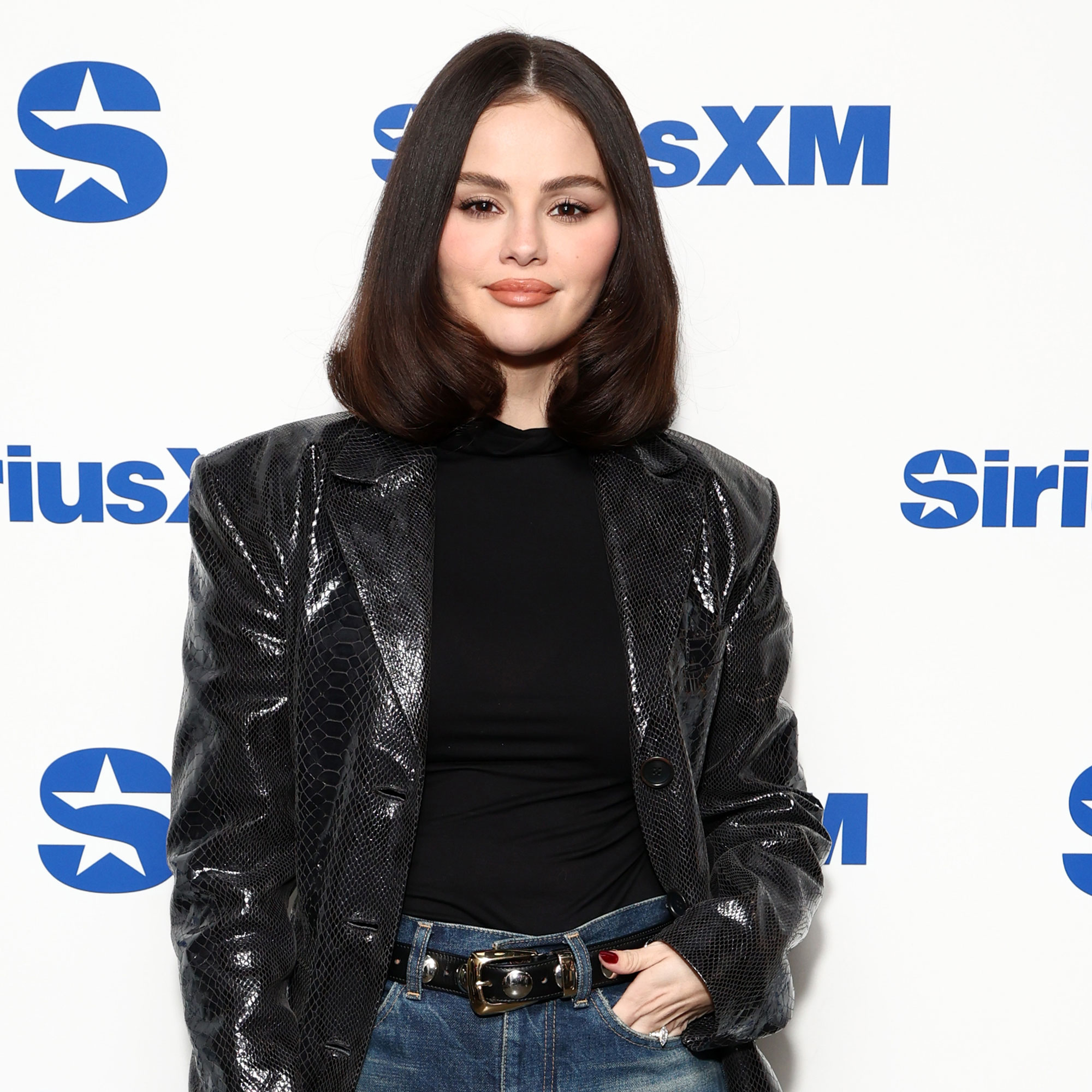 If You Hate Wearing Color, This Is Exactly How to Style Your Jeans Right Now
If You Hate Wearing Color, This Is Exactly How to Style Your Jeans Right NowThanks for the inspo, Selena Gomez.
By Erin Fitzpatrick
-
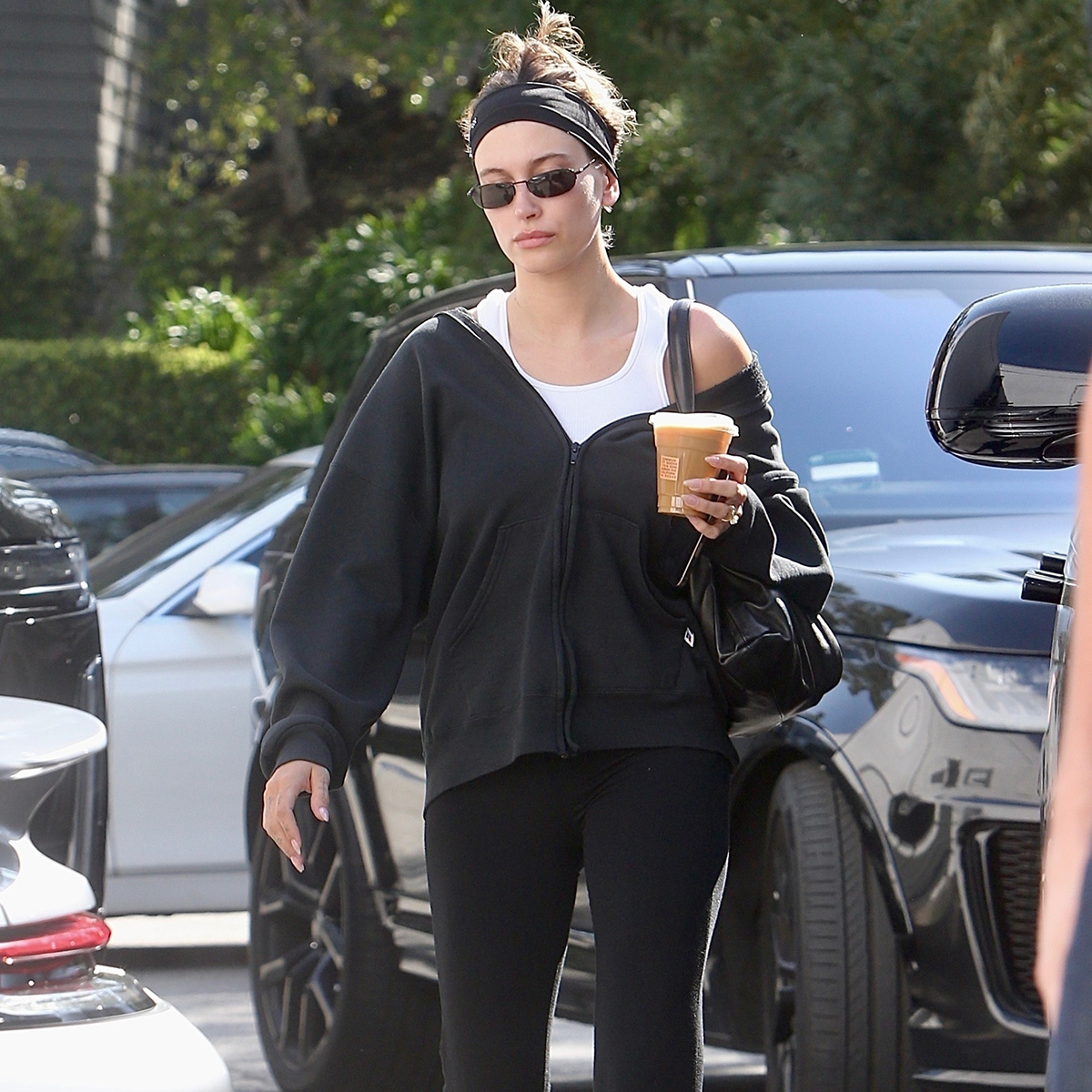 It's Back: The Humble Sandal Trend That New Yorkers Love to Hate
It's Back: The Humble Sandal Trend That New Yorkers Love to HateSpotted in L.A.
By Nikki Chwatt
-
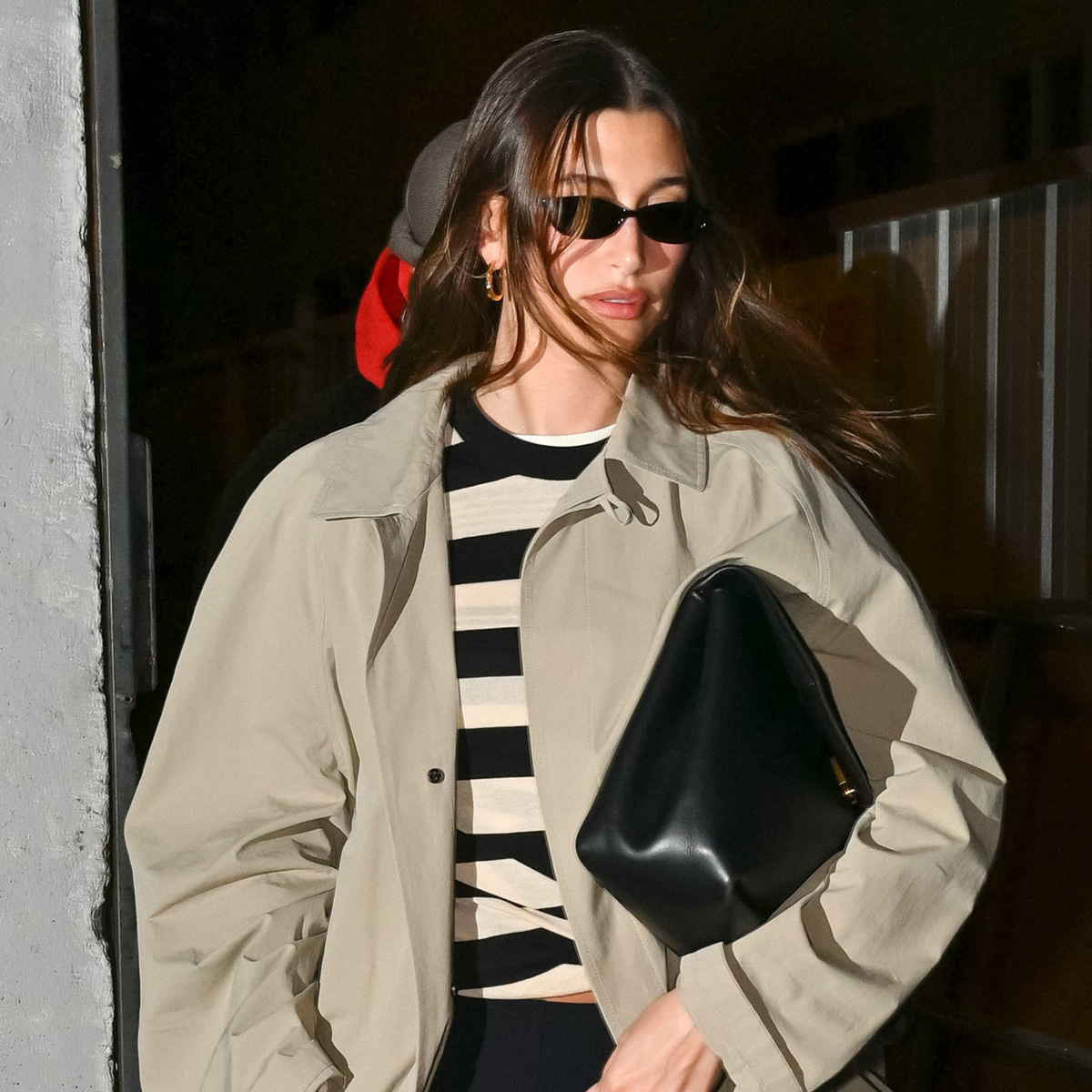 I Give It a Week Before Everyone With Taste Is Wearing This Elegant Pant Trend
I Give It a Week Before Everyone With Taste Is Wearing This Elegant Pant TrendDon't take it from me—take it from Hailey Bieber.
By Eliza Huber
-
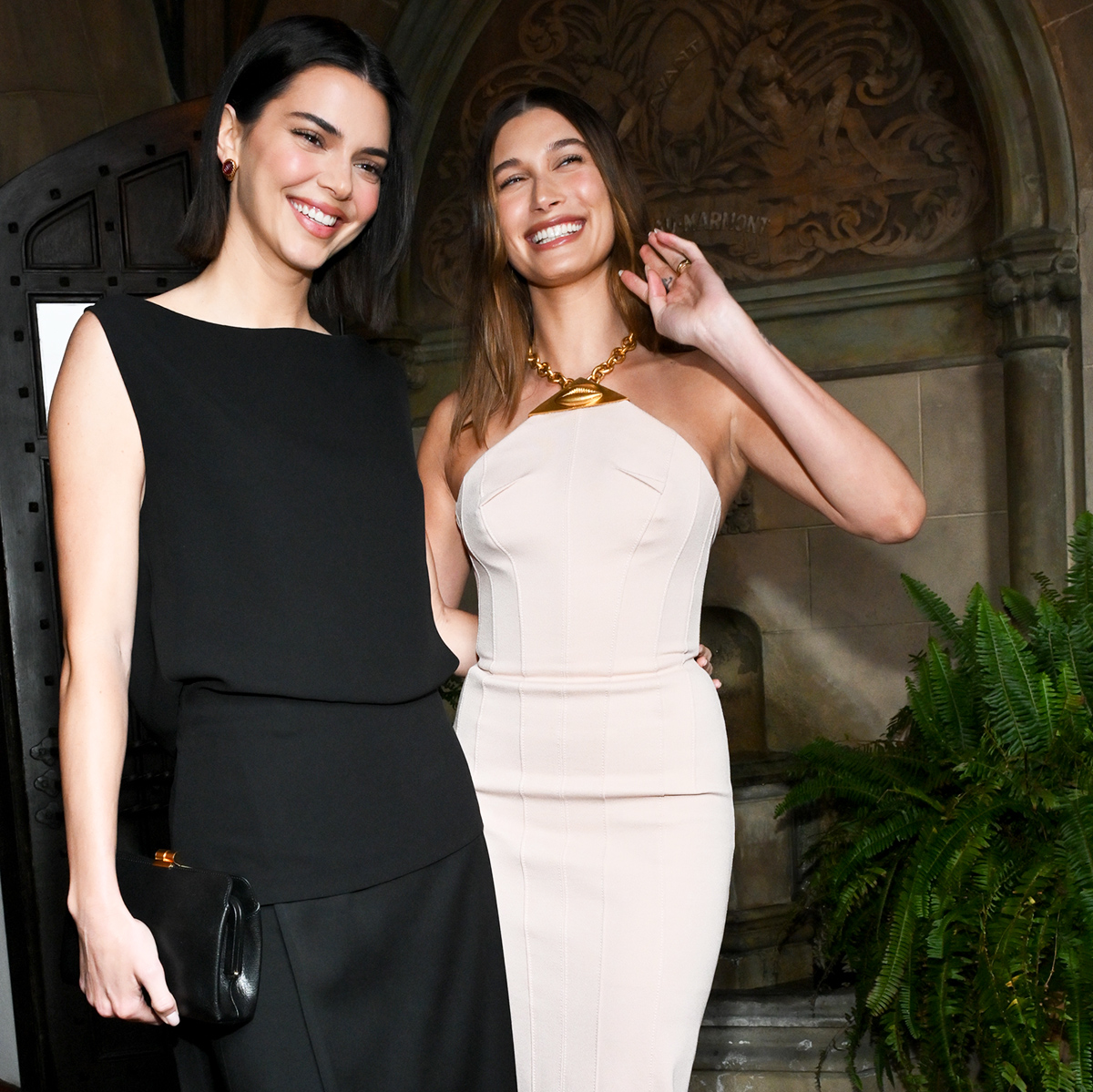 This It Girl–Approved Style Will Be *the* Summer Vacation Dress Trend of 2025
This It Girl–Approved Style Will Be *the* Summer Vacation Dress Trend of 2025Hailey Bieber is aware.
By Allyson Payer
-
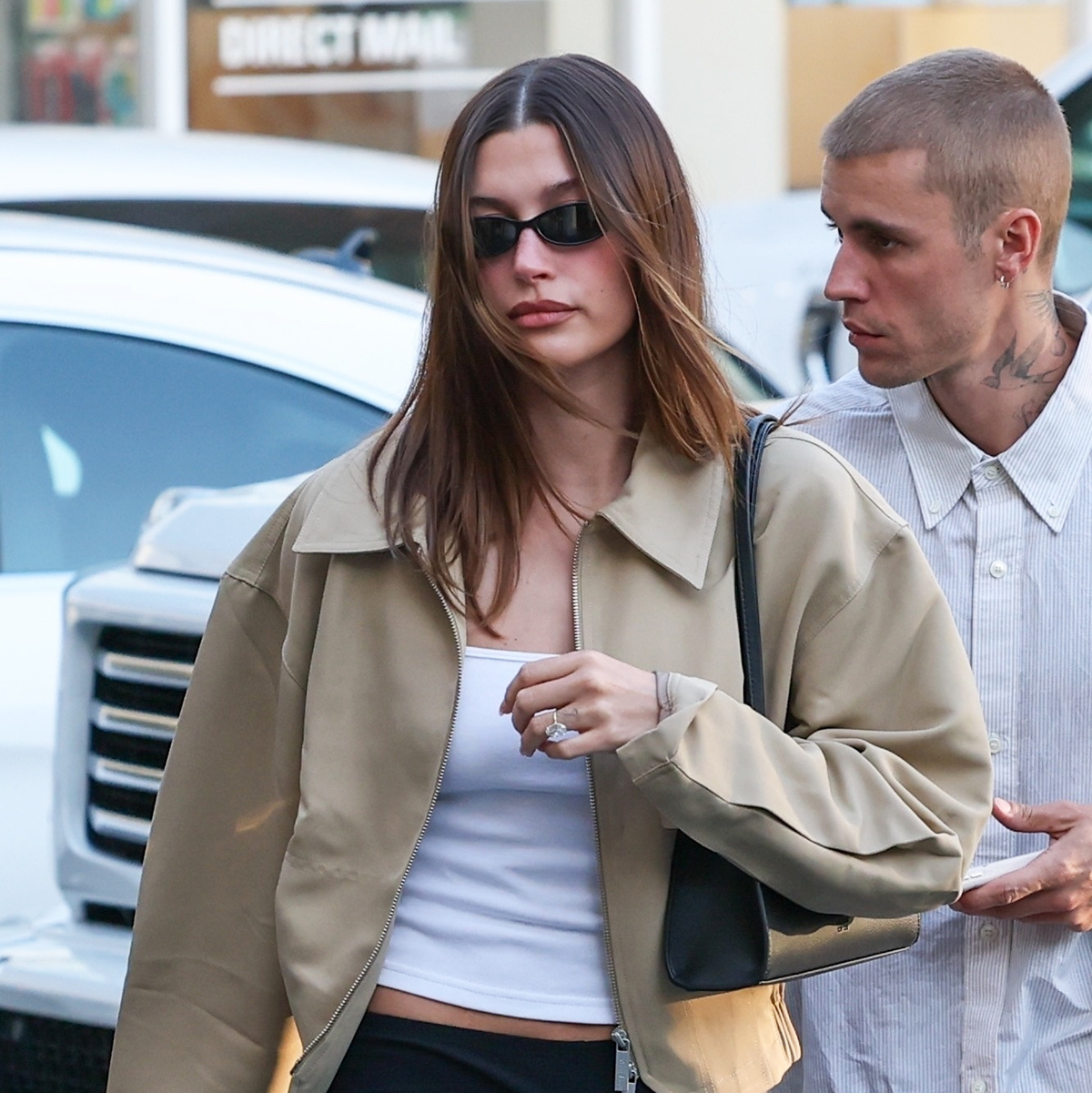 Everyone Will Run to Buy This '90s Sandal Trend After Seeing What Hailey Bieber Just Wore
Everyone Will Run to Buy This '90s Sandal Trend After Seeing What Hailey Bieber Just WoreIt's still going strong.
By Allyson Payer
